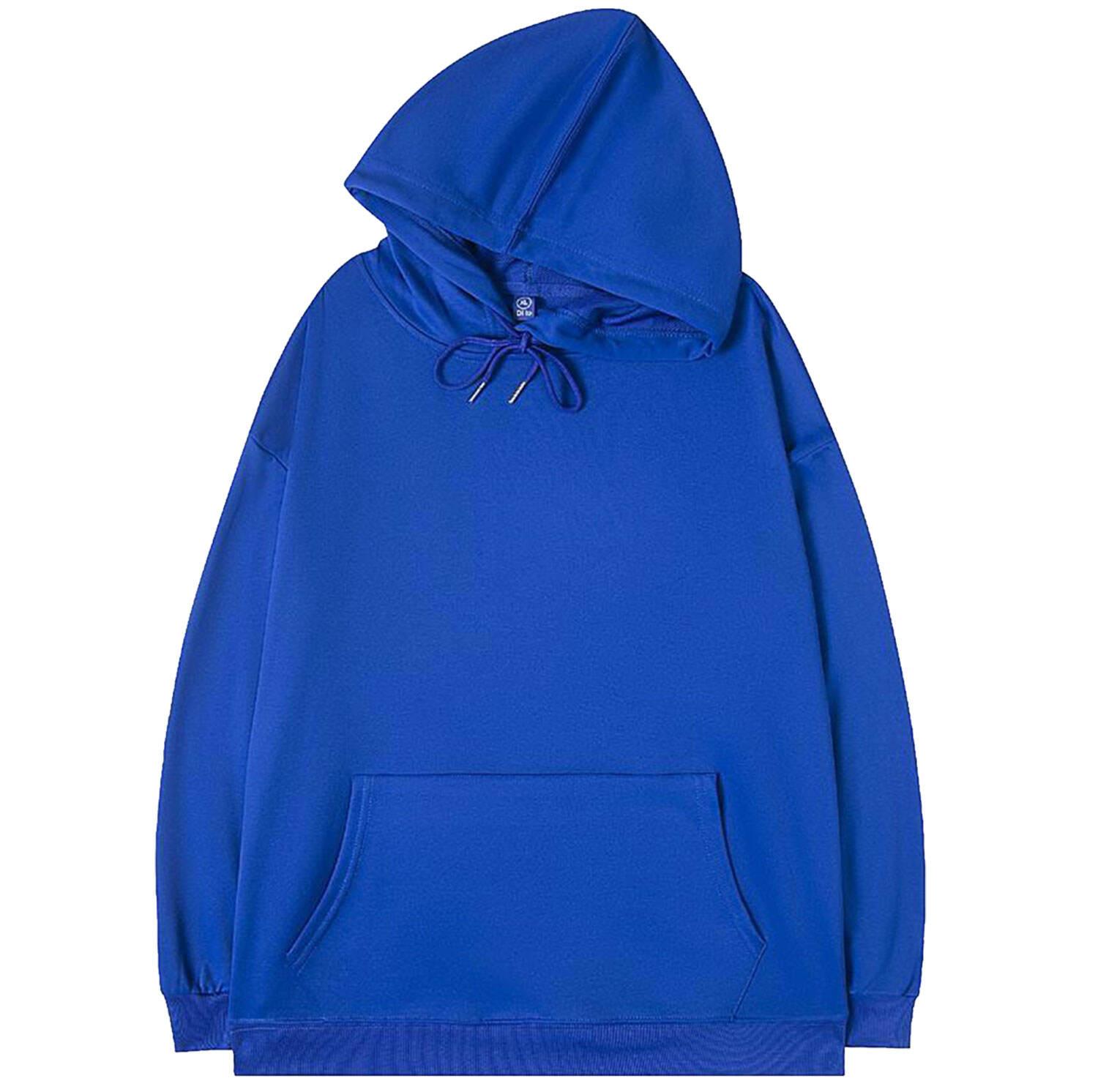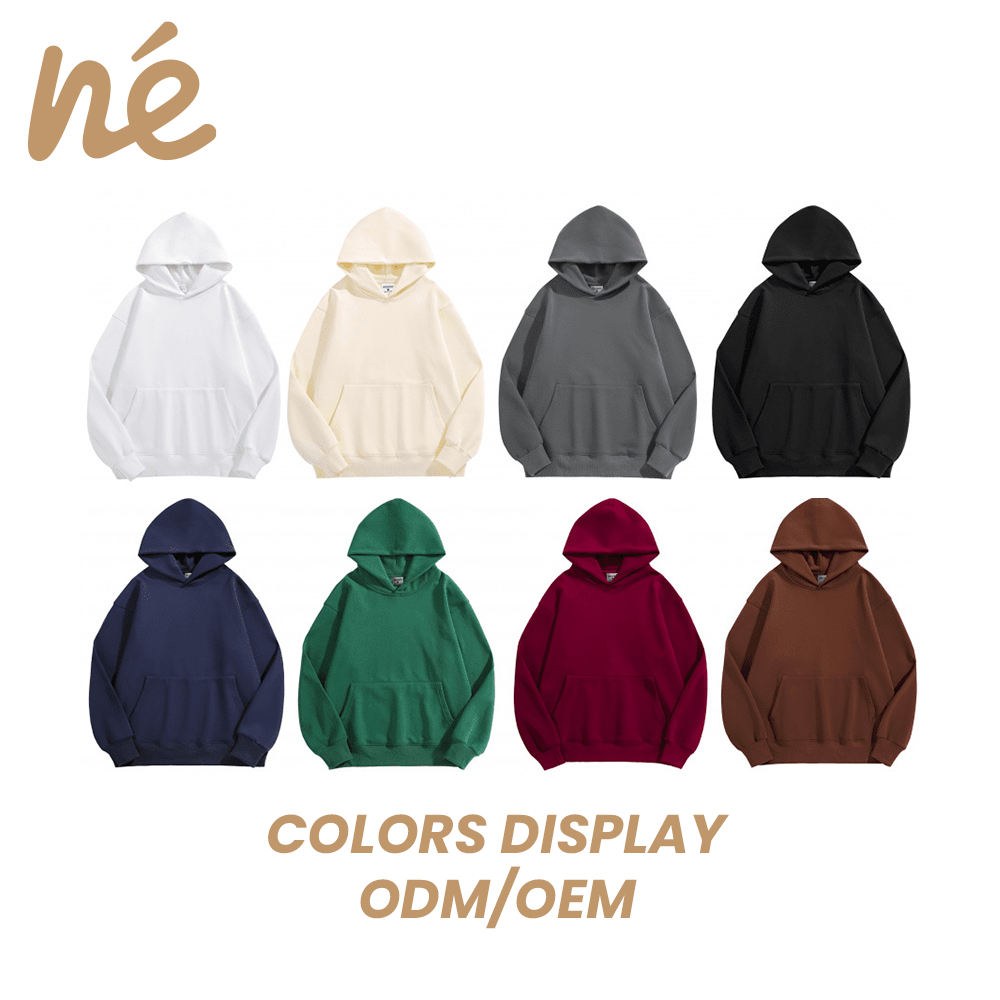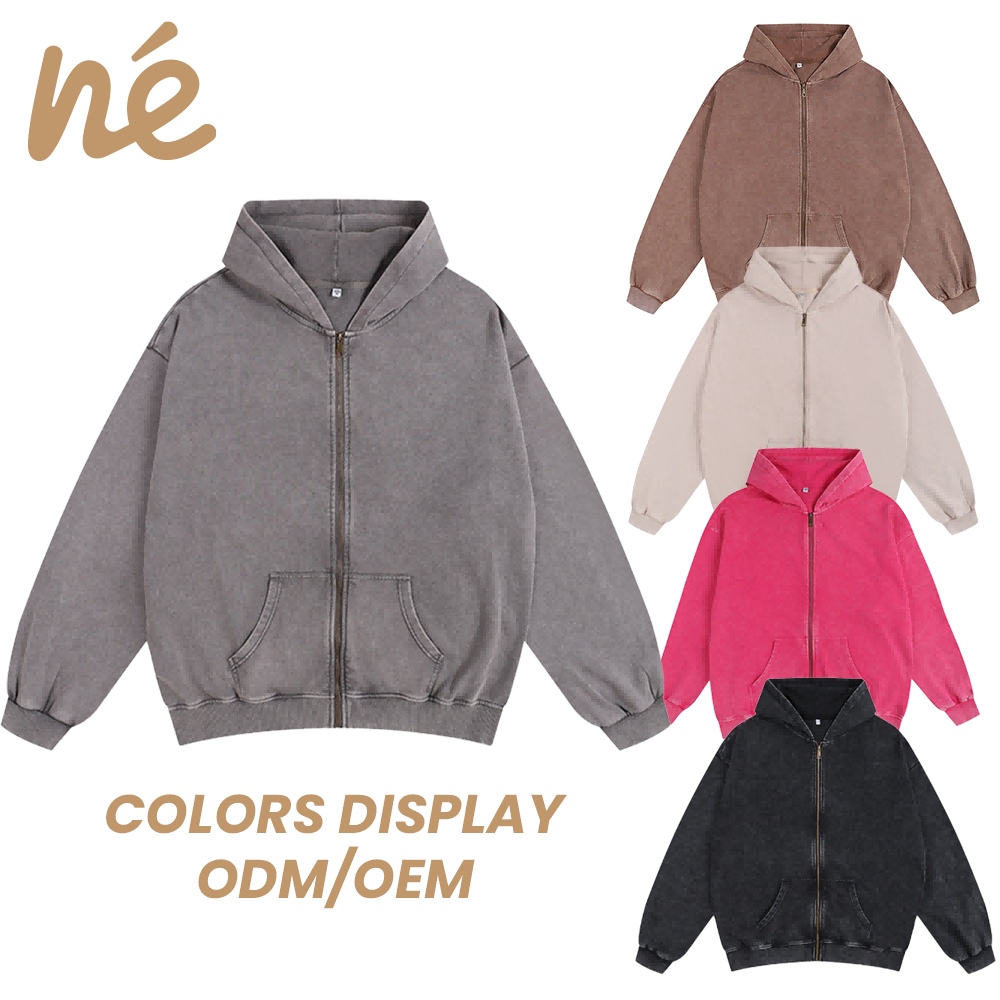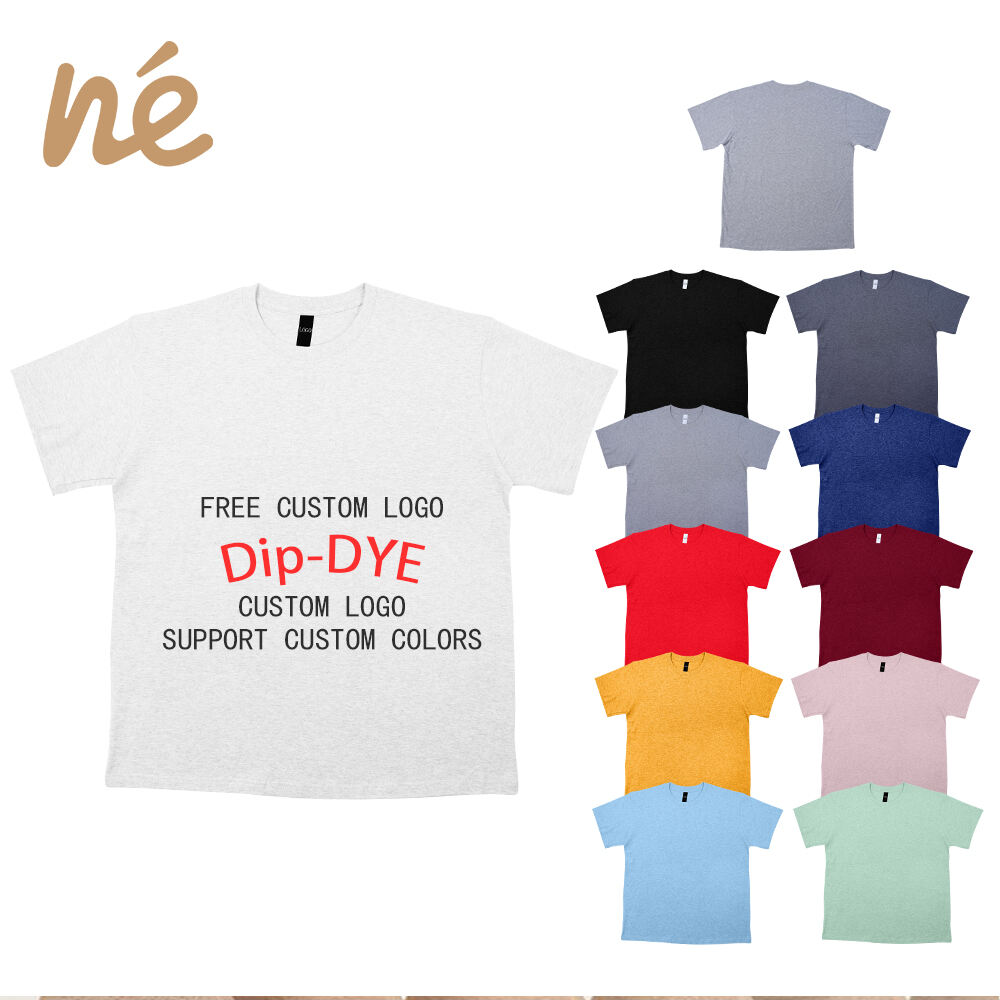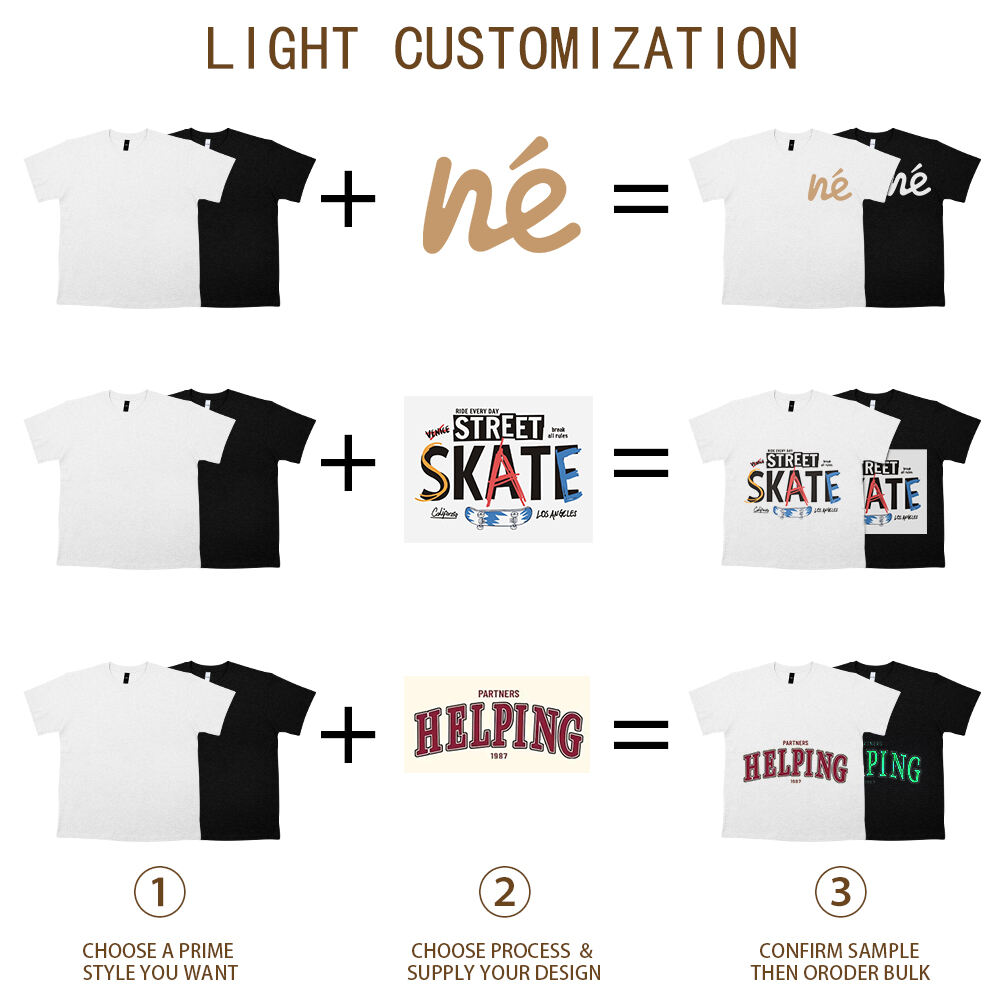eco friendly clothing manufacturers
Eco friendly clothing manufacturers represent a revolutionary shift in the fashion industry, combining sustainable practices with modern production techniques. These manufacturers prioritize environmental responsibility throughout their entire production chain, from sourcing raw materials to final product delivery. They utilize organic and recycled materials, implement water conservation methods, and employ renewable energy sources in their manufacturing processes. Advanced technologies such as waterless dyeing, zero-waste pattern cutting, and blockchain tracking systems ensure transparency and minimize environmental impact. These manufacturers typically focus on producing garments using organic cotton, hemp, bamboo, and recycled polyester, while also incorporating innovative materials like fabric made from recycled ocean plastics. Their production facilities often feature solar panels, water recycling systems, and energy-efficient machinery. Many eco friendly clothing manufacturers also implement strict waste management protocols, ensuring that textile scraps are recycled or repurposed. They frequently collaborate with environmental scientists and sustainable technology experts to develop new, more efficient production methods that reduce carbon footprint while maintaining high quality standards.


